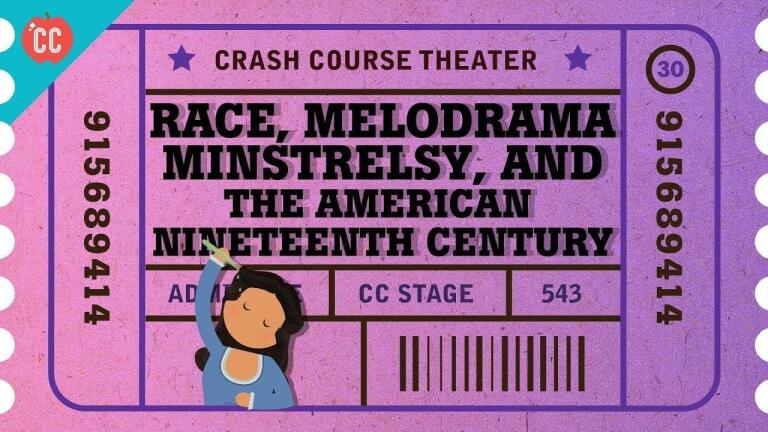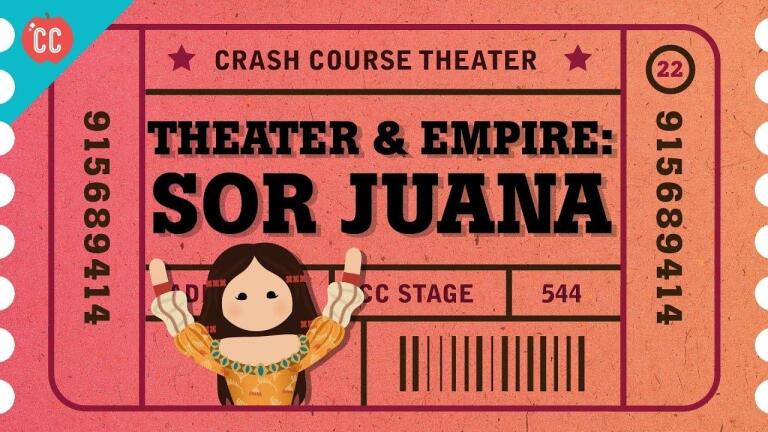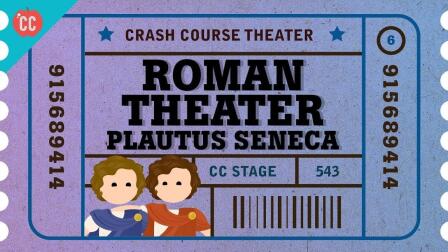Back to Show
Crash Course Theater
Tragedy Lessons from Aristotle
Season 1
Episode 3
Aristotle. He knows a lot, right? And if you choose to believe Aristotle, then you must believe all the mechanics of tragedy that Mike is about to lay on you. This week, we're looking at Aristotle's rules for the basic elements of theater, and how those can be used to bring about catharsis, the emotional release triggered by onstage trauma. You know you love the catharsis.
Support Provided By

12:06
19th century playwrights remade the French theater – first with Realism, then Naturalism.

13:04
19th century racism contributed to a unique and troubling performance culture in America.

12:07
How did American theater develop after the Revolutionary War?

11:34
In the 18th century, audiences were ready for some really, really dramatic theater.

11:09
After Germany was unified, we got Sturm, Drang, Weimar Classicism and Goethe.

11:37
English Sentimental Comedies weren't that funny, but they were definitely sentimental.

10:51
Let's discuss wizard theater and the rise of classical Chinese theater and Beijing Opera.

10:13
Learn about the all-night dance shows in India that culminate in killing a Demon.

11:51
Under the Shoguns, we get Kabuki and Bunraku. And Samurais get in trouble for watching it.

11:06
American theater existed before Europeans arrived, and the Spanish greatly influenced it.

11:11
Meet Renaissance France's theater greatest playwright: Molière.

12:40
The French Neoclassical revival involved a lot of rules – and some rule-breaking.











